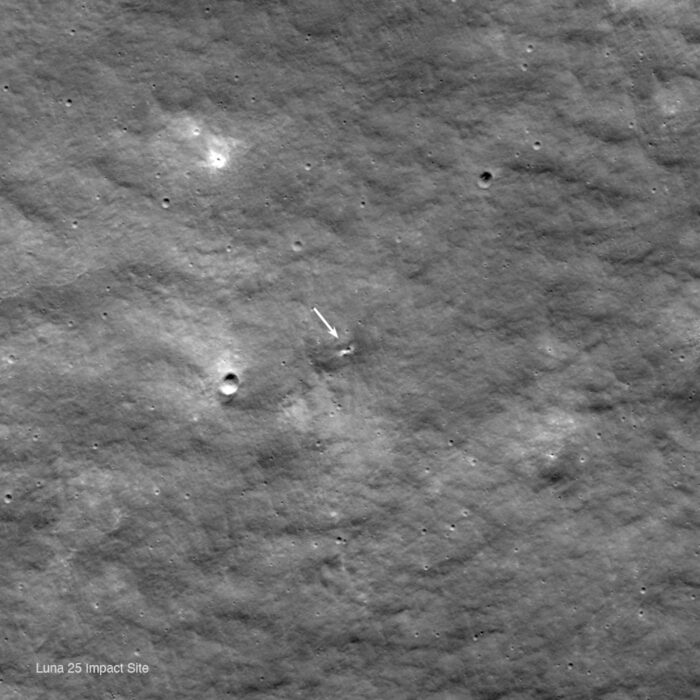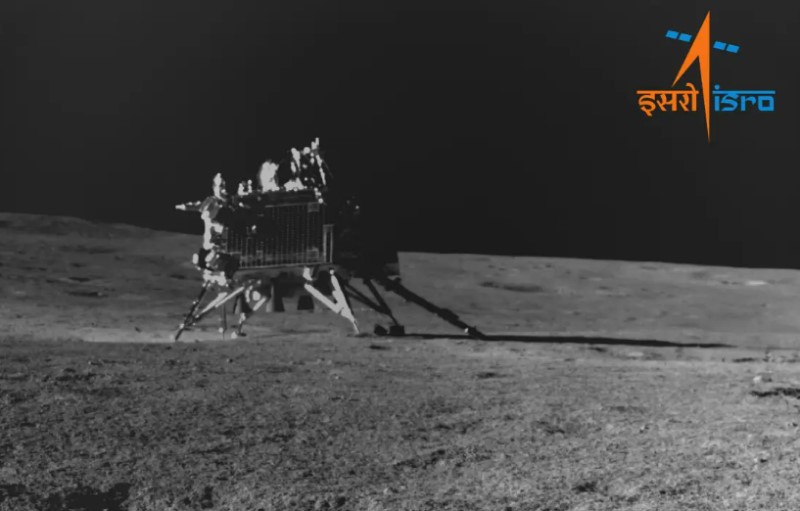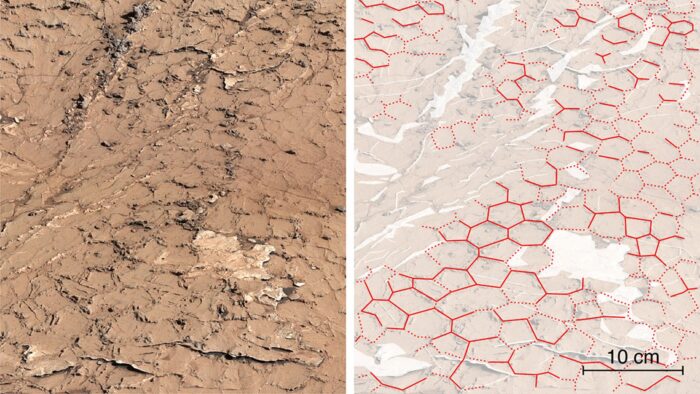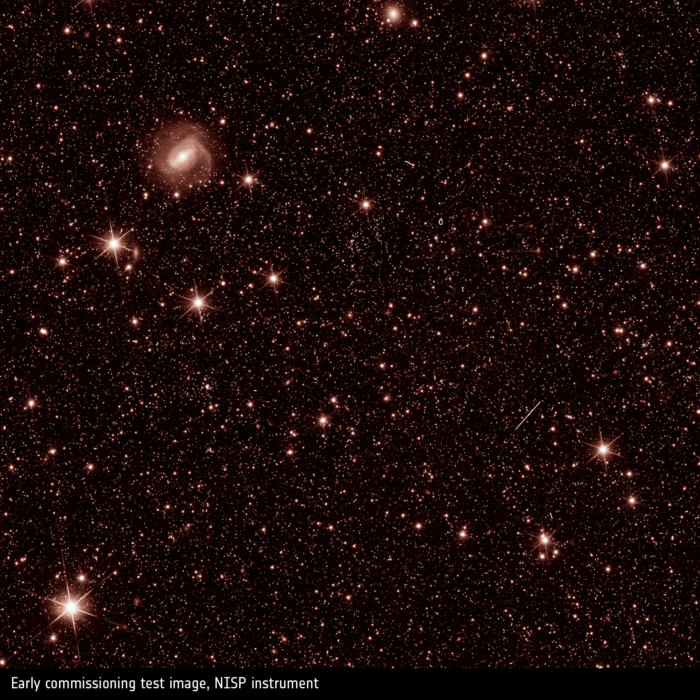ALIENS!!!
Cool, now that we have your attention ...
Okay though, seriously. Alongside dinosaurs and cute baby animals, alien life is a subject that almost all of us are excited to talk about—not to mention watch in a movie! Do aliens exist? What do they look like? Are they watching us? Are they here right now??
Whoa, slow down there! We don't have the answers to these questions ... yet. But one day, we might. And in a new research paper, lead NASA scientists are urging us to get ready for that day now. Especially because trying to discover alien life is a tricky on-going process—one where definitive answers are hard to come by!
Our best guesses
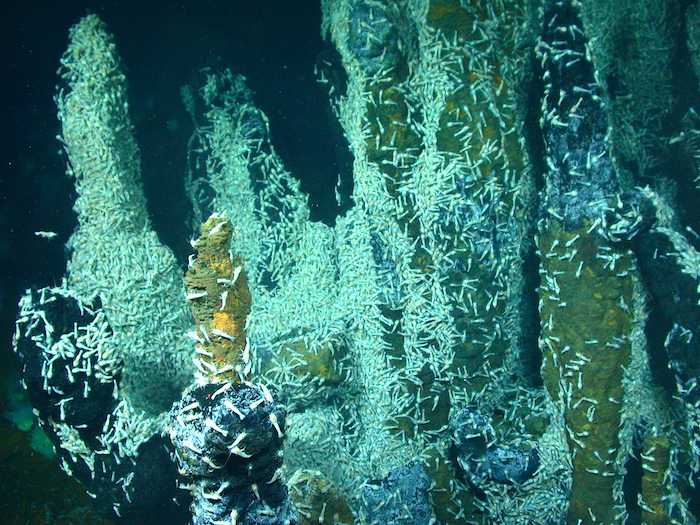
Extreme ecosystems—like the deep-sea shrimp that live near these hydrothermal chimneys—is raising hope that life could exist in some really unusual places. (Courtesy Chris German, WHOI/NSF, NASA/ROV Jason © 2012 WHOI)
We've talked a lot about the possibility of alien life on this very website. Maybe there's life on Enceladus. Or Europa. Or Titan. Or the clouds of Venus. Or buried deep under the surface of Mars. Or on this exoplanet. Or these ones!
You get the idea. It is quite possible that some kind of living thing exists in any of these places. And thanks to programs like the planet-hunting TESS, there are more discoveries like this to come! Nearly all scientific study says that it is very likely that alien life is somewhere out there. But right now? All of these possible locations for life are only that.
Possible locations.
They are speculation. Best guesses. Researchers take what they know about life on Earth—from the familiar to the remote—and then apply it to the conditions that they see on other worlds. It's how scientific research is done and it really takes time.
Be patient
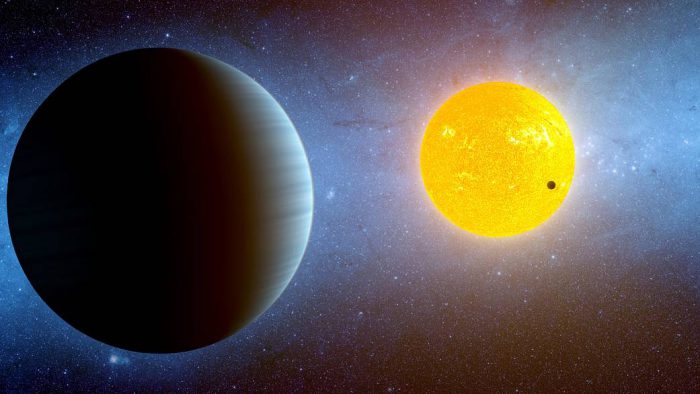
The Kepler system is just one of many exoplanetary systems found in the last few years. But knowing which ones host life is going to take a lot more research. (NASA/Ames/JPL-Caltech)
It can also be wrong. In fact, it can be wrong quite often. And this is why these NASA scientists want to find a way to be clear about how they tell the public (that's us!) about what their research finds. They don't want people to become disappointed and lose faith in the search for life.
"False starts and dead ends are an expected part of a healthy scientific process," the team writes. Every time they investigate a possible world for life, they are learning about how alien life works. Where it can thrive and where it can't. The point being, even if they don't find what they're looking for, they're still learning important stuff!
Just like when you're searching for that favourite book or gadget. Sure, you searched your room from top to bottom and didn't find it—but at least now you know it's not there. The search continues!
Build a scale, build trust
Communicating what goes on a place like CERN in Switzerland (which conducts nuclear research) is difficult. But the more the public understands it, the more they can be excited and support it! (Getty Embed)
Keeping the public informed and excited about the search for alien life is what these NASA scientists want to do. That's why, among other things, they are suggesting using a ratings scale—'confidence of life detection', or CoLD—to help people understand what certain findings mean.
Now instead of just saying, "We think life is here!", they could say, "This rates a 2 on the CoLD scale—not a huge chance of life, but worth considering." So if life isn't there, no one feels like science is leading us on a wild goose chase! They can better trust what they're being told.
In the end, this trust is something that nearly all scientists struggle with. Yes, they are experts in their fields. But they are also working on the very edge of what we know. Making mistakes isn't just possible—it's inevitable and even encouraged. It's how even the brightest minds learn. From medicine to energy to climate science to astrophysics, researchers are all searching for proof. But to get there, they first must guess and test.
What do you think would be a good way for scientists to tell us about what they find? We're sure they'd love to know what you think!
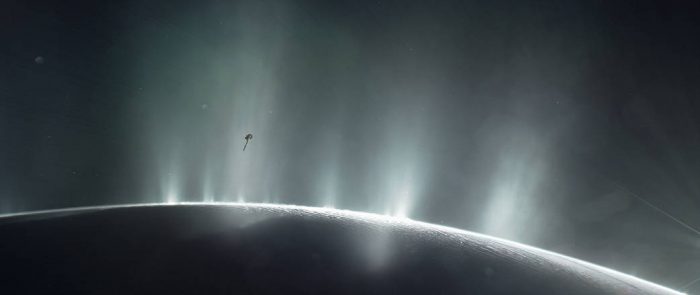 Saturn's moon Enceladus is on a short list of possible worlds that could support life. (NASA/JPL-Caltech)
Saturn's moon Enceladus is on a short list of possible worlds that could support life. (NASA/JPL-Caltech)

